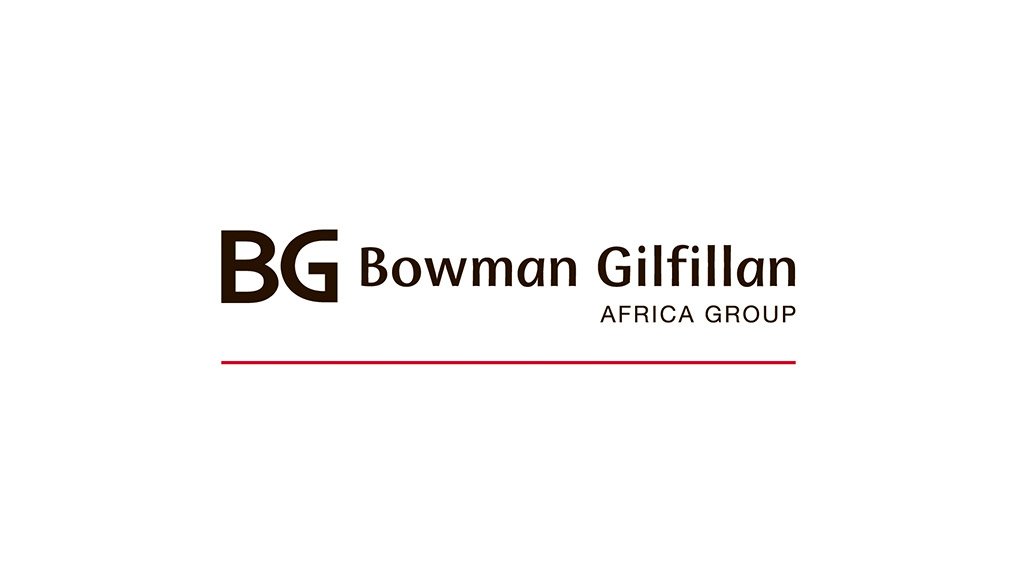In December 2013, Justine Sacco, a senior director of corporate communications at US based media and internet company IAC, decided to send out a tweet while at Heathrow Airport awaiting to board a flight to Cape Town. Her tweet read: “Going to Africa. Hope I don’t get AIDS. Just kidding, I’m white!”
Sometime during the 11-hour flight the tweet caught the attention of Sam Biddle, a Gawker Media reporter who retweeted it and later posted it on Gawker’s media tech blog Valleywag, under the headline, “And Now, a Funny Holiday Joke from IAC’s P.R Boss”.
The tweet sparked outrage online and later became the basis for multiple articles about how professionals should approach social media platforms, including an article by Bernadette Giacomazzo titled, “Top 10 Social Media Rules for Professionals (Hint: Don’t Be Like Justine Sacco)”.
In the course of 11-hours, IAC had found it in their best interests to release multiple statements distancing themselves from the words of their employee in order to protect their brand. In a more direct effort to protect their reputation, IAC dismissed Justine, removed her name from their website, and advertised her position, all before Justine had landed.
Justine Sacco’s case and similar incidents have come to the forefront of legal discussion and debate as a result of the exponential growth of social media over the past few years. The combination of greater internet access, smart mobile devices and advertising funded business models has created an environment where social media has not only become an important tool for personal communication but, from a corporate perspective, a critical tool for the dissemination of information, branding, managing a brand and reaching customers or clients.
The growth has been noticeably unmatched in changes in the law which remains ill-equipped to deal with circumstances where an employee’s activities online have a negative impact on the employer and how companies can deal with the consequent reputational damage. This is particularly problematic in an economy where companies invest a significant amount of their human and financial resources in branding themselves and relying on the brand as a marketing strategy.
As a result of the lacuna in the law, companies are largely responsible for mitigating any damage that may result from (a) employees’ conduct online, (b) clients’ comments online and (c) the company’s own conduct. The importance and reliance on the brand compared with the risk of brand damage that companies carry requires companies to mitigate that risk in creative ways, given the lacuna in the law.
Justine later explained that her tweet was a way of making parody of the things ignorant people sometimes say namely in this case that white people do not get AIDS. However, what Justine failed to consider was that nuances get lost in a 140-character tweet. Instead of being understood as a parody of ignorant and bigoted views, it was read as illustrating her own views and prejudices. By the time she explained her meaning, she had already been dismissed and the tweet had caused a significant damage to her reputation and that of the company that employed her. Unfortunately, for Justine, this legacy is likely to follow her around.
Justine Sacco’s case was dealt with in terms of English law. If this case were to be dealt with in terms of South Africa law, Justine would have a case for unfair dismissal, as there was no disciplinary hearing to afford her the opportunity to present her defence. Thus, she would have a case for both substantive and procedural unfairness.
It can be seen from Justine’s unfortunate story that nuances in social media are often lost. The lesson here is to be mindful that online conduct may be lost in translation. This could have negative consequences in both private and professional spheres and may cause significant (and often unmerited) personal and professional damage. Caution must always be exercised when posting online.
Written by Letlhogonolo Mokgoroane, associate, and Simba Rodze, candidate attorney, supervised by Rosalind Davey, partner, Employment Practice, Bowman Gilfillan Africa
EMAIL THIS ARTICLE SAVE THIS ARTICLE
To subscribe email subscriptions@creamermedia.co.za or click here
To advertise email advertising@creamermedia.co.za or click here











